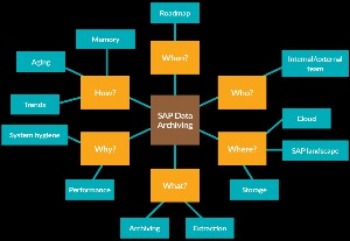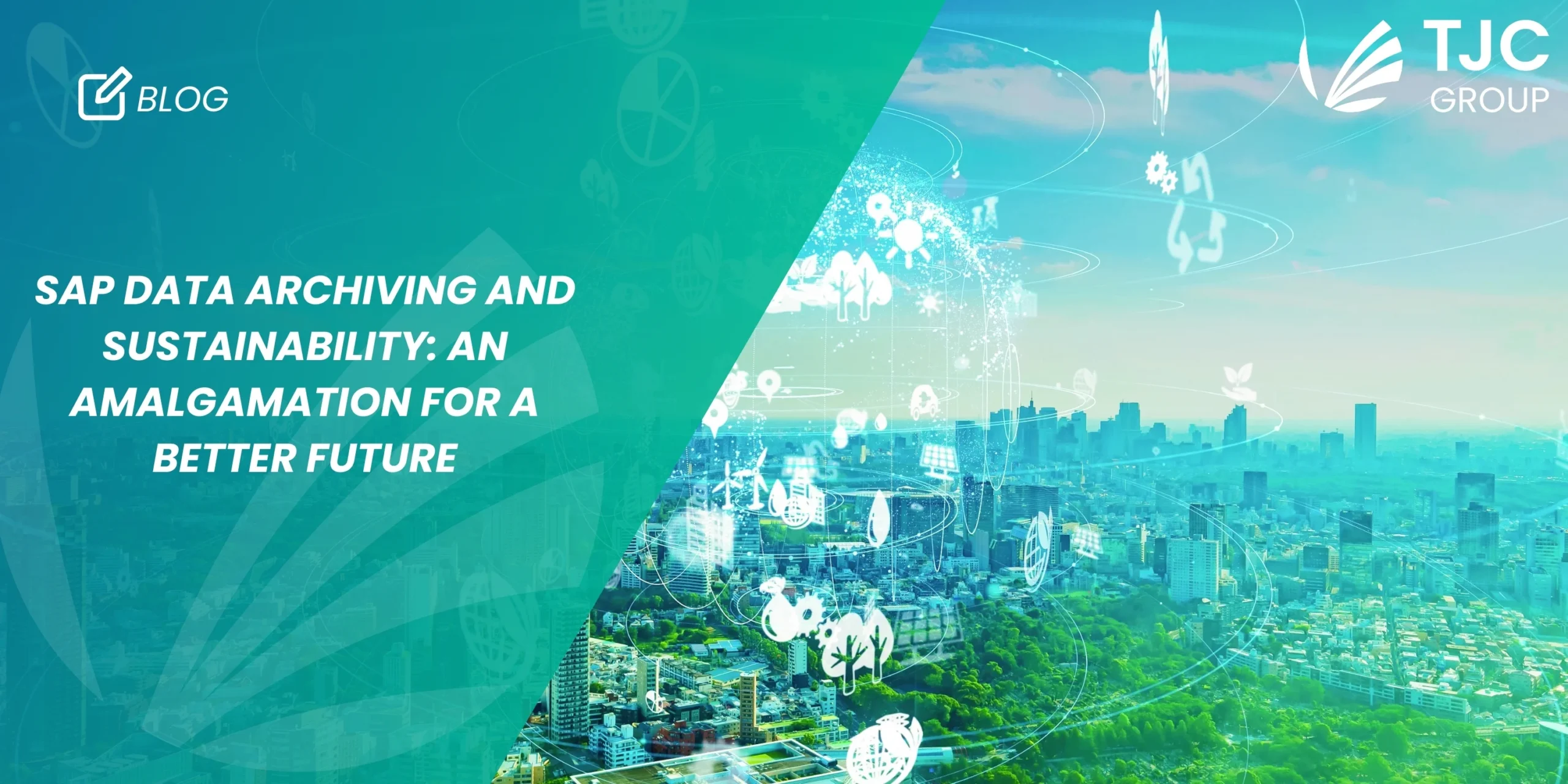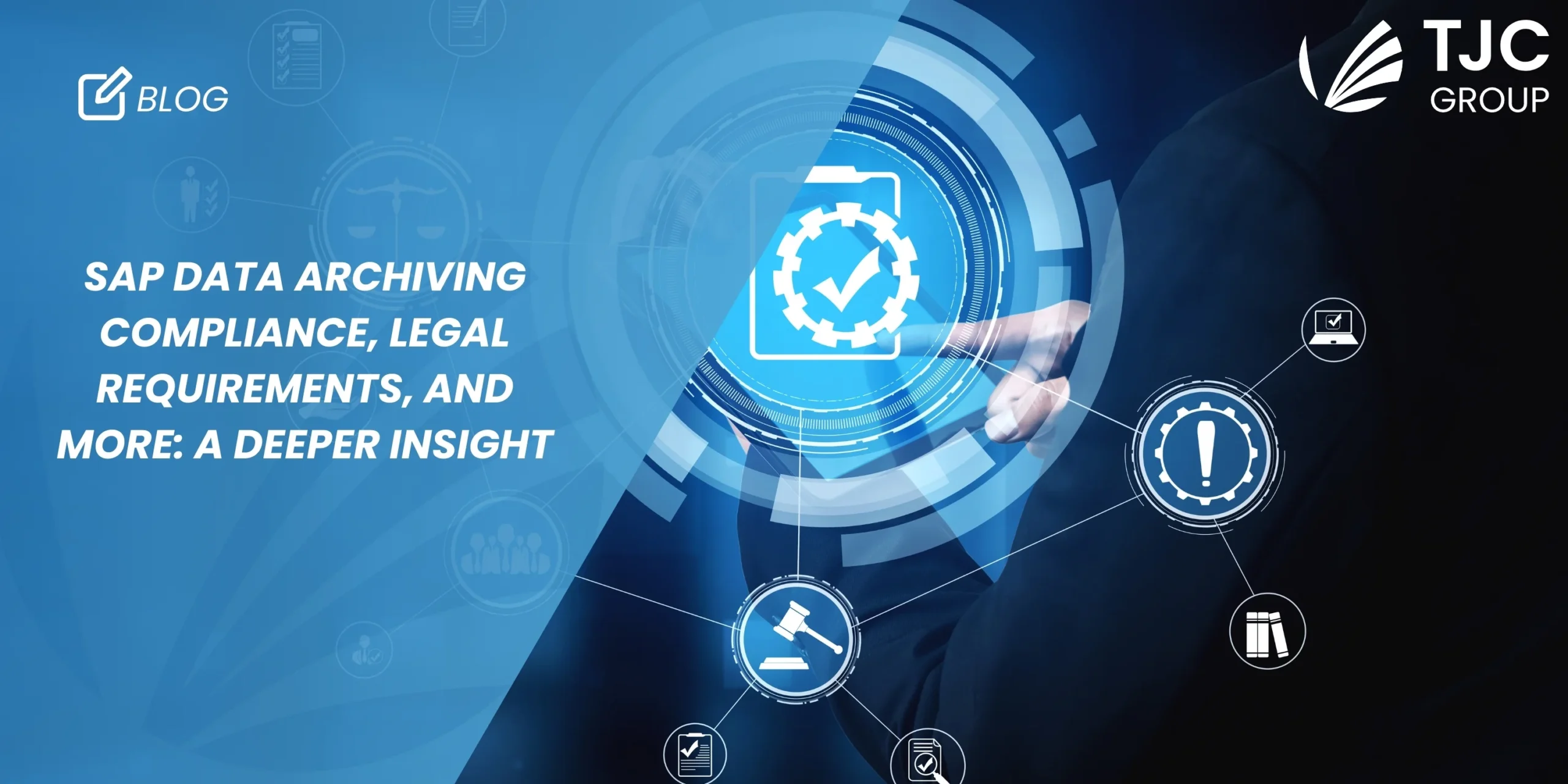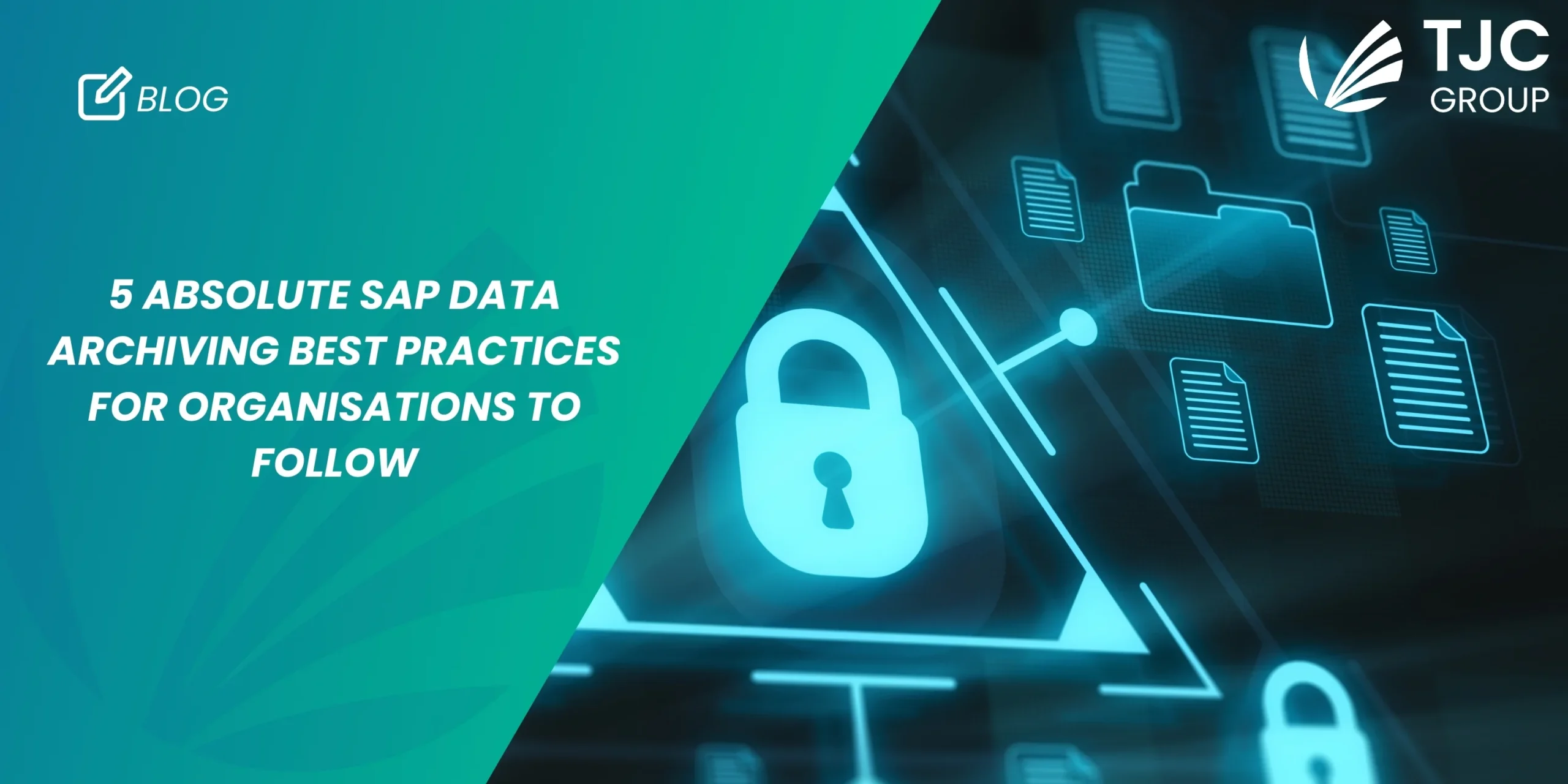SAP archiving is boring. Do you agree?
Half of the people who are the experts in SAP Archiving at TJC have a different opinion than I have. They all have at least 50 years of SAP Archiving experience combined – which may be a good indication who is right.
As part of my introduction to this company more than 3 years ago, my manager gave me a crash course in the different areas of SAP archiving. In those first 2 weeks, I realized there’s more to SAP archiving than meets the eye.
First of all, SAP archiving touches all areas of the business. It’s not a vertical analysis of your database but a wide sweeping of your system’s landscape and understanding which of your data will be required for audit and compliance. You also need to consider various elements and questions. See image below for a mind map suggestion for finalizing your SAP Archiving strategy.

The first type, DATA archiving – for structured data
This is the easiest of them all, read here from the SAP site. So really, it’s just moving the data of your closed business transactions from the live system to a near-line or offline storage. Key here is to have a set process and strategy in place to reduce manual errors and ensure compliance with legal data retention requirements. Easy but can be complex so will definitely need an expert to handle this, in my opinion.
TJC recommendation is not to delete the IDocs – because these files may be needed for future IT audit.
DOCUMENT Archiving – for unstructured data
Then there’s DOCUMENT archiving – sales invoices, pdf, word files – any unstructured data. It occurs real time and can be stored on any content server. Just be mindful to keep the link active from the content server and to your SAP system so you can access these files.
Finally, FISCAL archiving
That baffled me.
Then I learned that the ‘after-life’ purpose of data is for analytics and more importantly for tax and audit, did I then understand fiscal archiving. In a nutshell, fiscal archiving refers to the regular process of freezing your data. Freezing your data means you keep the state of your data at a specified time period by archiving them. This ensures the quality of your audit report that is based on consistent original data. Tax and audit managers prefer not work on live data especially when generating audit reports.
Watch this webinar on-demand to learn the nuts and bolts of Data Archiving and SAP ILM for a successful S/4HANA migration
Whichever type of archiving you need is determined pre-project. The start of a good archiving project is always down to a good assessment of the current situation, the long-term goals, and the available technology.
Download this solution sheet for TJC Archiving Expertise – to find out how our in-depth assessment will give you a 360-degree view of your SAP archiving project.
Your data is the lifeblood of your company.
Because your data matters.







